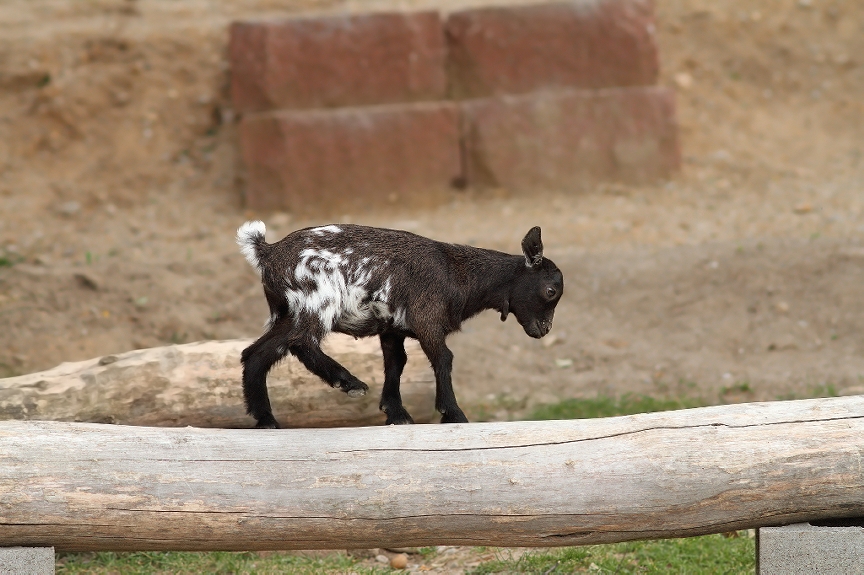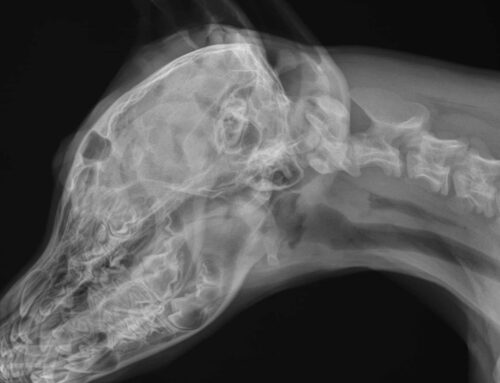Emergency First Aid Treatment
Emergency first aid treatment is meant to serve as a temporary measure and only if the veterinarian is not immediately available. There are certain occasions when time is of the essence. These are:
Poisoning
More often than not, poisoning in goats is the result of eating poisonous plants or leaves from trees or bushes. There is a wide range of these, giving rise to a variety of symptoms.
Rhododendron poisoning is the most common and one of most serious, because so little is required to create a problem. Laurel and yew are equally dangerous and present as frothing at the mouth, retching and depression.
Ragwort poisoning, oak leaf poisoning, fruit tree leaf poisoning and foxglove poisoning can also have serious consequences, especially if large amounts are consumed. When fresh, fruit tree leaves are harmless but when dry and wilted may contain hydrogen cyanide. An ounce of prevention…no forays to the orchards, especially in the fall.
If the goat has a full rumen of grass or hay, the poison will be diluted and less worrisome. Carefully note the symptoms and try to determine the exact plant, leaf, etc. Save a sample and tell the vet when she/he arrives.
Drenching with cold tea or coffee may help in an emergency. Do not drench or give any liquid if the goat is still vomiting or retching; this could result in the animal’s suffocation.
Beware of industrial poisoning, a result of ingesting such materials as lead in paint, preservatives which are still wet on stable doors, fuel or nitrate poisoning etc.
Bloat (Ruminal Tympany)
Symptoms
The left flank is distended and the goat shows obvious signs of discomfort, such as grinding of its teeth, crying, kicking or difficulty in breathing.
Carbon dioxide and methane gases, a result of fermentation in the rumen are normally eliminated with a belch. If the gases are not removed, pressure builds, possibly resulting in breathing difficulty. Causes include:
Choke –An object of food material sticks in the esophagus, which prevents belching and could result in a build-up of gases. The vet, on arrival, will try to relax the esophagus with a muscle relaxant or dislodge the obstruction by passing of a stomach tube.
Foods such as long wet grass or cabbage, eaten in bulk and over a short period of time. “Frothy bloat” is usually caused by overeating lush, damp feeds such as clover, alfalfa or legume pastures.
Treatment
Prevent the animal from eating anything further. Keep the goat on the move and, if possible, with its front legs higher than the back. Carefully drench with 50ml of vegetable oil. Keep the head level when drenching.
Do not attempt to tube the goat unless you know what you are doing.
After-care
The delicate balancing of the bacteria in the rumen will be affected and has to be restored either by giving live yogurt or a proprietary probiotic. Seek your vet’s advice.
Prevention
Do not let goats graze for too long a time on lush, rapidly-growing pasture. Never turn out hungry goats onto rich pasture: make sure that they have a rumen full of hay beforehand. This may well mean keeping them inside for the morning and only letting them out for a period in the afternoon, especially in the spring.
Profuse Bleeding caused by an accident
Apply direct pressure over the wound using a pad of cotton wool and bandage. Sustain pressure until the vet arrives.
This is the third in an ongoing series. The Pygmy Goat Health series began in February 2017.
Future articles will include tips on feeding, housing, health matters, etc.






